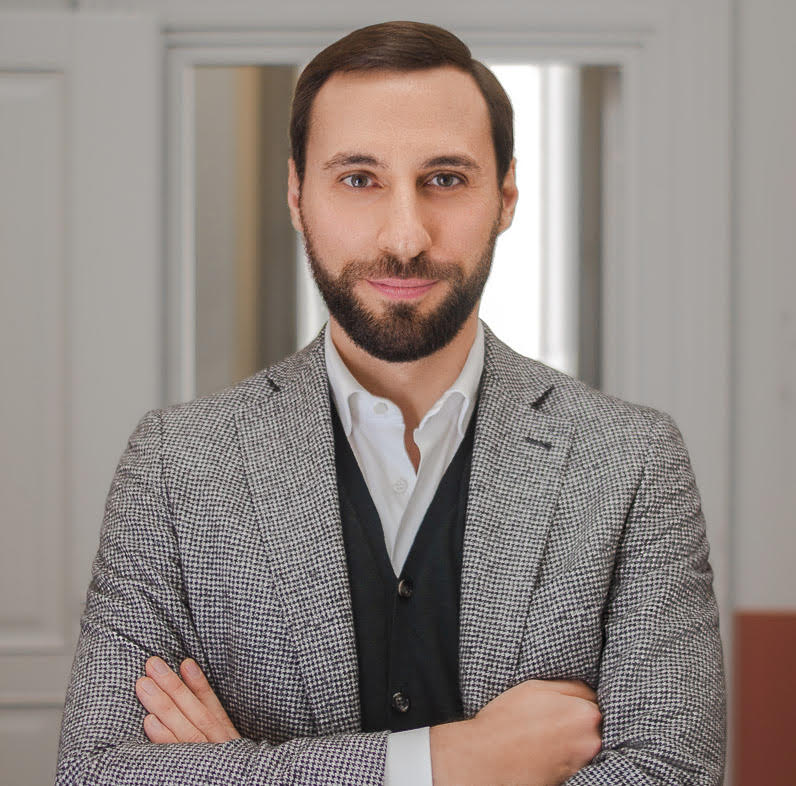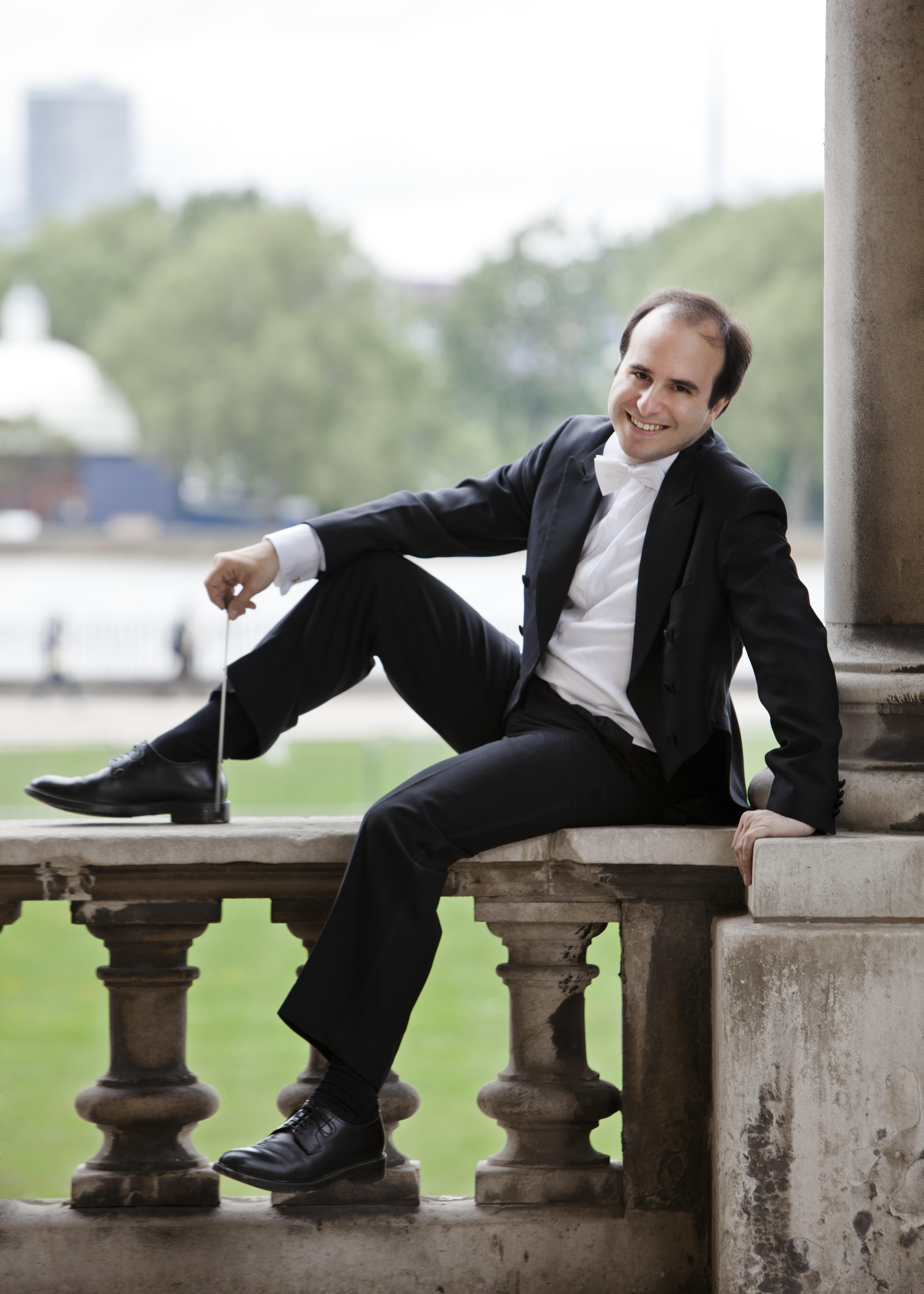Two eminent international musicians were part of the webinar at the Opus Theatre which Brian Hick sat in on.
Composer, Polo Piatti, and concert pianist, Oliver Poole, were able to draw on their international connections to invite international innovators to the Opus webinar..
Paolo Petrocelli – cultural advisor to Cold Play and founder of EMMA for Peace – was asked about his experience in Italy. Here, at the start of the pandemic, everything changed within a week. Rome Opera had never closed – not even during the war. In Italy, the arts are subsidised but ticket sales are still very important, so we have to reinvent how we stage events. Because of the long weeks of fine weather we could make more use of our larger outside venues. This way we could accommodate an audience more easily. This would provide musicians with a live rapport. The one caveat is of course that we don’t know what is going to happen in the future and we mustn’t push so hard that we make mistakes now which a little time would help clarify. We have to look at quality before quantity.
Oliver asked Paolo about the connections of Music to Diplomacy. I work with EMMA for Peace which aims to promote music as a tool for diplomacy through collaborations with international institutional partners such as the UN organizations and the World Summit of Nobel Peace Laureates. EMMA is also active in individual partner countries with the support of national institutions, as well as organizing concerts at major venues and festivals throughout the region. We aim to bring together musicians from all social and cultural backgrounds, recognising that music is itself an international language. Musicians have a role within communities worldwide, not just as entertainers but as spiritual inspirers and leaders.
Conductor & impresario Gianluca Marciano was three weeks into a five week festival in Lebanon when the lock-down hit. Everything simply stopped. Within a day all my future contracts were cancelled and there was no live music at all. The problem is that recorded music is never the same experience as a live event. We must not assume that technology is the answer. It isn’t! At the Lerici Music Festival in Italy, which I run, there is the possibility of open air performances but more importantly we need to draw on local musicians in smaller numbers to contain any on-going risks. This could be true for England, though of course here the weather is always a problem. However, a difficulty will arise when we come to the start of the autumn season where our larger houses, because of the close proximity of seats and crush in the bars and public areas, are not suited to physical distancing. It is very difficult to motivate a singer to work in a large building which is 3/4s empty. And what if the sound quality is poor? Given that, and the lack of atmosphere / ambience, the experience can never be the same. We must never forget that music is a profession not a hobby for vast numbers of professionals across the world. Art is not a luxury. We need to be resilient and deal with the situation. Creative artists need to be optimistic and active in the world, not expecting the world to provide the answers for us.


